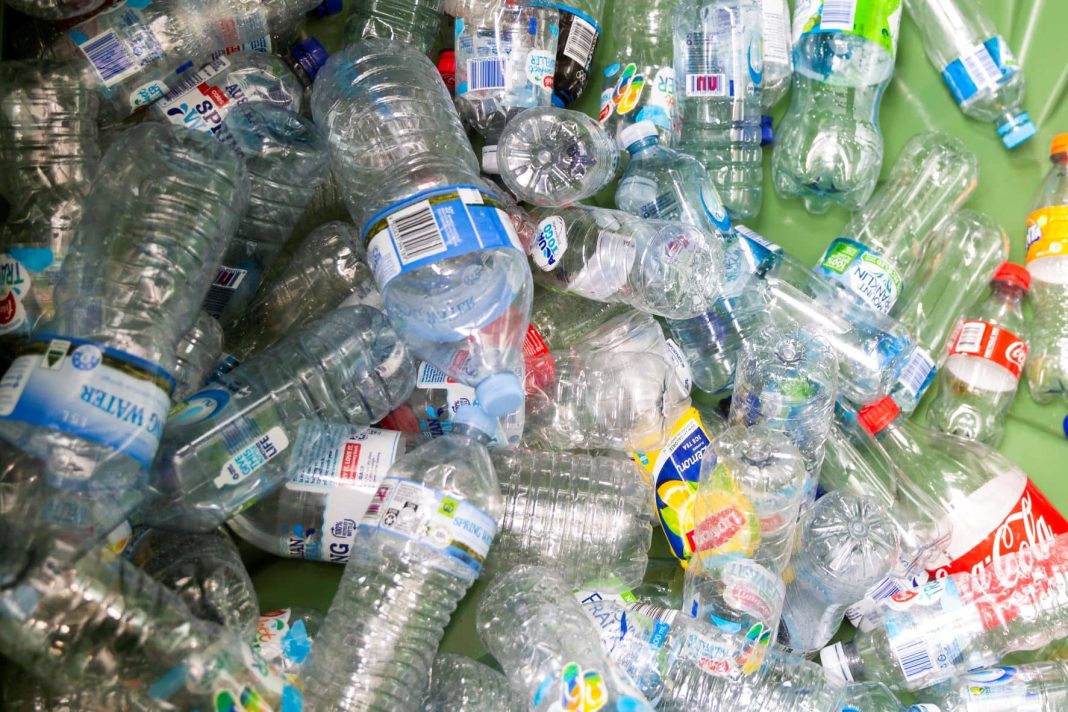Reduce, reuse, recycle… It’s certainly a catchy mantra, but is the ‘recycled’ ideology nothing more than a myth to ease consumer guilt?
Greenwashing tactics have become increasingly sophisticated, and the truth behind supposed eco-friendly and recyclable products has been twisted beyond belief. On Global Recycling Day, environmental activists are imploring consumers to re-think their recycling rhetoric and adopt a plastic-free lifestyle.
What is greenwashing?
Greenwashing combines eco-imagery and dishonest sales techniques to lure consumers into a false sense of eco-friendliness.
Co-founder of Hero Packaging, Anaita Sarkar, says companies avoid taking meaningful environmental action, all while reaping the benefits of appearing eco-friendly.
“Plastics industry, I’m talking about you. One of the most common ways businesses practice greenwashing is by focusing on one ‘sustainable’ aspect of the product while ignoring the rest of the product’s lifecycle,” Anaita says.
“Recycled plastics is one of those things that we think will make a positive impact but doesn’t fully address the problematic impact of any and all plastics in the supply chain.”
The truth, Anaita says, is more devastating than previously thought.
“Every time plastics are recycled; the quality of the plastics degrades, thus limiting their capacity to be made into anything useful. According to one investigation into the limits of the plastics recycling industry, five of the seven main types of plastic hardly ever get recycled due to cost constraints and the complicated processes required to do so,” Anaita says.
“That’s not even factoring in the toxic streams of carcinogens and pollutants that plastic contains which makes plastic recycling even more undesirable.”
The fashion industry, one of the leading contributors to the planet’s pollution crisis, has acknowledged recycling plastics is an imperfect solution. Anaita says this is due to limitations around end-of-life recyclability, sustainability of production, and the difficulties of keeping plastic microfibres out of the environment.
“The groundswell of eco-conscious consumers has increased in the wake of the devastating impact of pollution. All over the world, sustainability concerns are driving consumer purchasing decisions, and these consumers are doing their bit by getting educated about the issues at hand,” Anaita says.
“Greenwashing tactics like using terms that are vague and unprovable make it harder for consumers to make an informed choice in their purchasing decisions and will ultimately hurt the businesses that employ them.
“Common offences include the use of the labels such as ‘green’, ‘sustainable’, ‘eco-friendly’, and ‘biodegradable’ without any transparency around how the biodegradable process actually works.”
So, what should we do instead?
By far the most popular way consumers are supporting the environment is by cutting down on single-use plastics, says Anaita.
Australian state and territory governments have begun implementing blanket bans on certain single-use plastic items. The ACT Government is currently seeking public feedback on their plan to expand the Plastic Reduction Act 2021 to include additional single-use plastic items like plastic straws and produce bags.
World Wildlife Fund reports that a single plastic cup will outlive our lifetime, our children’s, and our grandchildren’s, taking around 450 years to breakdown all whilst sitting in landfill. Recycling your plastic cup or water bottle makes no difference to how long it will sit on the Earth, and sooner or later, it’s end destination will be the same.
All in all, recycling a single-use plastic item is a better alternative than send it to landfill, but a plastic-free revolution is what our planet needs to save it from climate doomsday.

Canberra Daily would love to hear from you about a story idea in the Canberra and surrounding region. Click here to submit a news tip.



